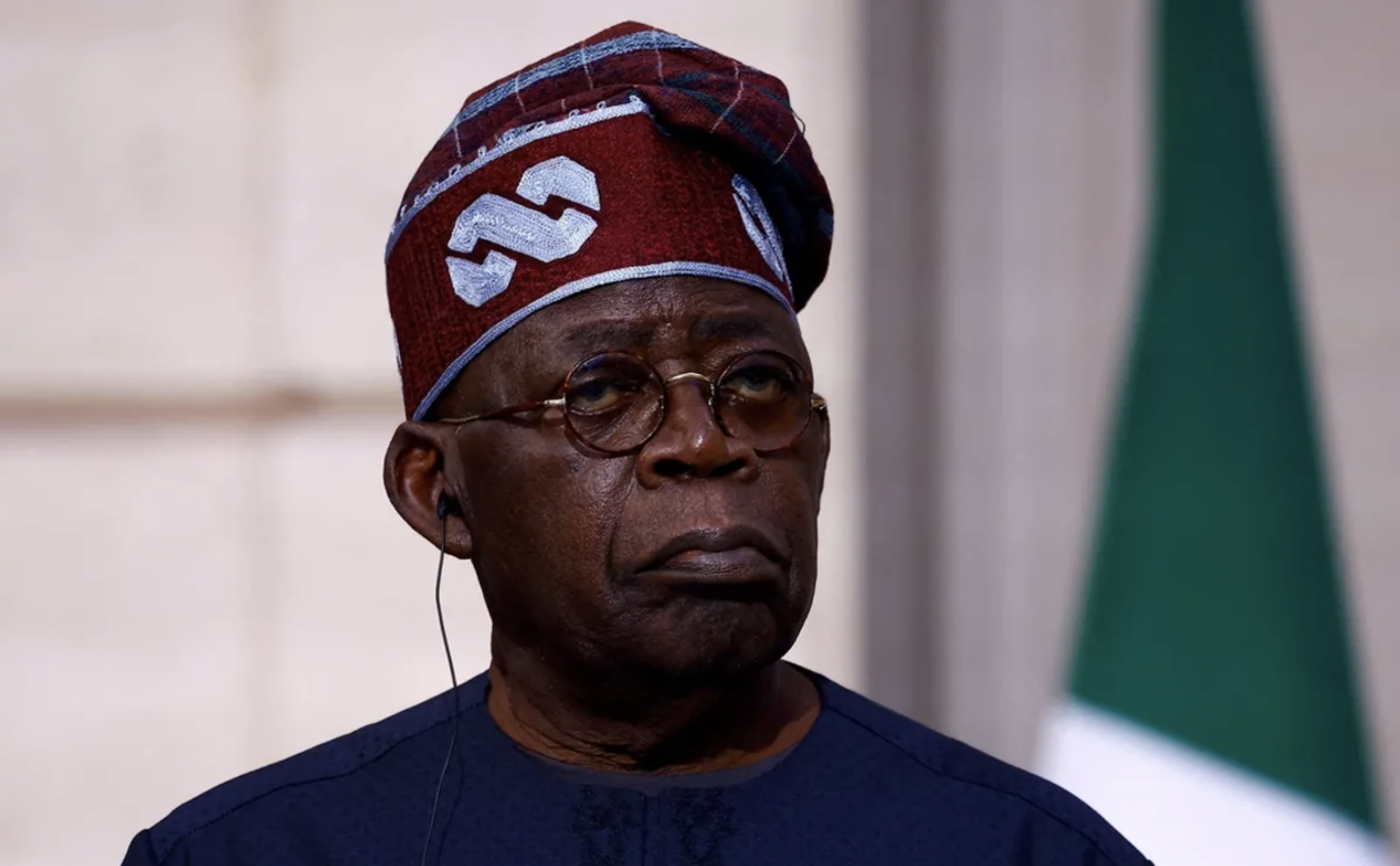Tinubu’s Nigeria: Unlocking Upstream Opportunities with the Right Commercial Networks
❮ VSG News
OPINION
Achieving 2030 production targets depends on aligning capital with experienced in-country operatives capable of driving joint ventures, local content, and pre-tender positioning across Nigeria’s oilfield services sector.
★ Article by Arno Saffran, Saturday 03 September, 2025Nigeria’s upstream oil and gas sector presents significant opportunities—but realising them depends less on capital alone and more on having the right commercial operatives in place to navigate the country’s complex fiscal, regulatory, and operational landscape.
President Bola Tinubu’s ambitious targets for 2030—3 million barrels per day of liquids and 12 billion cubic feet per day of gas—are achievable, but only if upstream projects can move quickly from plan to production. Current output lags at 1.6 million bpd, and investment has dropped sharply in recent years. International majors increasingly favour less challenging plays, leaving gaps in both capital and operational execution.
While policy reforms and board changes at NNPC suggest the environment is evolving, success depends on aligning the right people with the opportunities that exist. Oilfield services companies and project operators require commercial leaders who understand local dynamics, have trusted in-country networks, and can translate potential into executed projects. These are the individuals who can drive joint ventures, optimize local content strategies, and ensure pre-tender positioning is credible and actionable.
Recent investment commitments provide a blueprint: Renaissance Africa Energy’s $15 billion plan, Shell’s $5.5 billion allocation for Bonga North, and ExxonMobil’s $10 billion programme across Usan, Owowo, and Erha highlight that capital alone is insufficient. Without the commercial expertise to convert permits, approvals, and partnerships into production, these opportunities risk being delayed or underexploited.
Indigenous operators are similarly constrained. Many are increasing volumes from marginal fields, but growth requires embedding experienced commercial leadership capable of working within Nigeria’s regulatory and fiscal frameworks. Lessons from Angola and other frontier markets demonstrate that structured engagement, disciplined execution, and the right in-country networks can accelerate returns and reduce project risk.
Nigeria’s OFS ecosystem is rich with untapped potential. But for investors, operators, and service companies alike, the key determinant of success will be access to the people who can unlock it on the ground—those who understand how to translate strategy into execution, and opportunity into delivered production.
Time is pressing: the window to act is now, and the companies best positioned are those who have aligned capital with capable, connected commercial operatives.
How relevant and useful is this article for you?
★ ★ ★ ★ ☆ 22
ABOUT THE AUTHOR(S)
— Arno Saffran
Arno developed his approach through roles in client development (KPMG) and strategic commercial engagement (affiliated with advisories including Hakluyt), focusing on complex industrial and energy sectors.
VSG works across the extractive value chain, positioning people who form the critical bridge to early-stage relationships and commercial access in complex markets.
